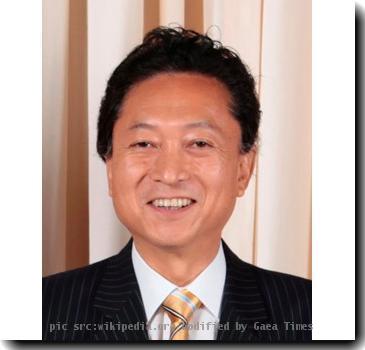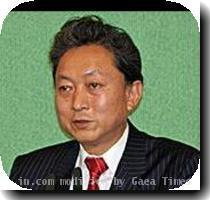Exit polls: Japan’s ruling party loses seats in upper house election, depriving it of majority
By Mari Yamaguchi, APSunday, July 11, 2010
Exit polls: Japan’s ruling party loses seats
TOKYO — Japan’s ruling Democrats lost seats in a parliamentary election Sunday, according to media exit polls, dealing a setback to the progressive party’s 10-month-old government.
The projected losses were worse than expected and could make it difficult for Prime Minister Naoto Kan’s party to pass bills and forge ahead with plans to slash wasteful government spending, rein in the power of bureaucrats and put more cash in the hands of consumers.
Public broadcaster NHK predicted the Democrats won fewer than 50 contested seats in the upper house election, down from 54 before the vote. Other TV stations say the party likely won 47 to 48 seats.
Official results are not expected until Monday.
But if the projections are correct, the Democrats will lose their 122-seat majority with their tiny coalition partner in the 242-seat upper house. The election, in which half the seats in the upper chamber were up for grabs, won’t directly affect the Democrats’ grip on power because they control the more powerful lower house of parliament.
To avoid parliamentary gridlock, the Democrats, which last year defeated the conservative Liberal Democratic Party that had led Japan for most of the post-World War II era, will probably seek new partners to form a coalition.
Kan, in office only a month after his predecessor abruptly quit, may have hurt his party’s chances by his proposal to raise the sales tax in coming years to rein in Japan’s bulging public debt, particularly as the country’s population grays and shrinks.
More broadly, the Democrats’ setback may reflect a general disillusionment among voters who handed the party a landslide victory last year amid high hopes for change and greater transparency and accountability in politics.
“I think in some respects we have not completely lived up to the expectations of the voters who gave us power nine months ago hoping to clean up politics,” Renho, a popular Democratic Party member who was expected to keep her seat, said of the early results in a televised interview.
“I think the atmosphere has changed quite a bit since the elections last summer,” added Renho, who goes by one name.
The LDP, now the main opposition party, appears to have done better than expected, winning 48 to 50 seats, according to media outlets’ predictions. That would give them 81 to 83 seats in the chamber, up from 71 before the election.
While the Democrats scored points for freezing many public works projects viewed as wasteful, the public was sorely disappointed by former Prime Minister Yukio Hatoyama’s involvement in a funding scandal and his failure to keep a campaign promise to move a contentious U.S. Marine base off the southern island of Okinawa.
Kan may have contributed to voter doubts about the Democrats’ leadership when he appeared to backpedal on his tax hike talk after his initially buoyant approval ratings started to slide. In the waning days of the campaign, he promised that any tax increase wouldn’t happen until after the next lower house election, which must be held within three years, and that he wanted a public mandate for any tax decision that was made.
“We are praying as we watch the results come in,” said Jun Azumi, a senior Democratic Party official. He added that voters may have been reacting to Kan’s suggestion that an increase in the sales tax may be in the offing.
“That may have been a little sudden for some voters,” he said.
Tags: Asia, East Asia, Japan, Parliamentary Elections, Political Organizations, Political Parties, Tokyo, Yukio Hatoyama

